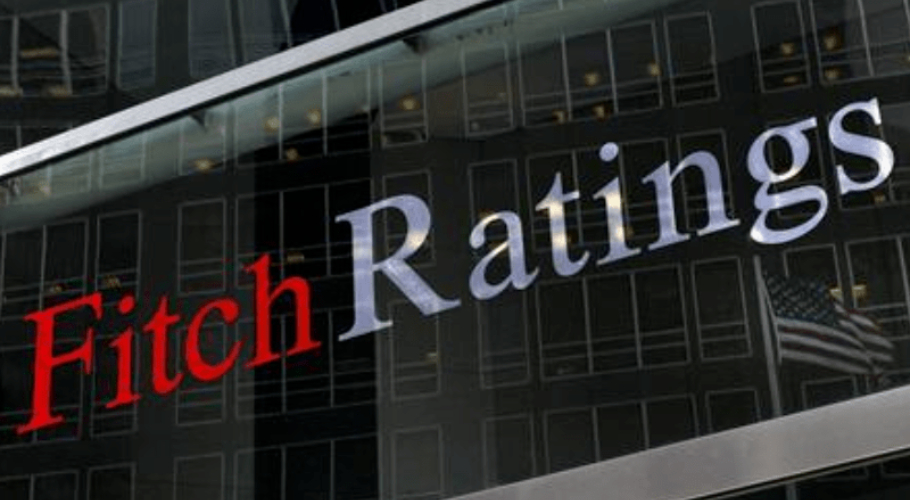
International credit rating agencies such as Fitch, Moody’s and S&P often downgrade and upgrade the credit ratings of developing countries. However, Fitch Ratings has downgraded the credit rating of the United States itself this time. The White House reacted angrily to the incident. Investors are also surprised.
According to the news agency Reuters, Fitch Ratings has reduced the credit rating of the United States from “AAA” to “AAplus”. As a reason for this, they said, they believe that the financial situation of the United States will deteriorate in the next three years. Also, the last-minute discussion of raising the national debt limit a month ago was not good for the country.
Fitch Ratings, one of the world’s three major credit rating agencies, gave such a glimpse last May. However, they retained their previous position in June when the complications over the increase in the debt limit ended. However, they said then that the US debt rating would be finalized in the third quarter of the year.
Naturally, after this announcement by Fitch, the US dollar fell against various currencies around the world. The stock futures index fell, while the Treasury futures index rose. But analysts feel that the impact will not be that serious.
Earlier in 2011, S&P downgraded the US credit rating to ‘AA plus’ after a similar debt ceiling consensus. They still hold it. Share prices fell in the stock markets of different countries including the United States. At that time, the financial crisis was also going on in the euro area. There is nothing this time. Therefore, analysts think that there will not be a major problem this time.
In a statement, Fitch Ratings said, ‘The quality of governance in the United States has declined over the past 20 years. The impact has also been seen on revenue and debt, although in June the country’s government and opposition agreed to suspend the current debt ceiling until January 2025.
US Treasury Secretary Janet Yellen disagreed with the Fitch rating. Fitch’s decision was unreasonable and based on outdated data, he said in a statement.
The White House has said the same. They strongly disagreed with Fitch’s decision. White House Press Secretary Caryn Jean Pierre said, ‘Fitch’s report denies reality; They made this reduction at a time when the United States under the leadership of President Biden has turned around the best among large economies.
Image damage
Analysts say that Fitch’s decision to downgrade the credit rating shows how much the country’s image has been damaged by the impasse caused by the increase in the national debt limit. At the very last moment, the decision was taken to postpone this loan limit. Otherwise, the country would have gone into default, although they have never gone into default in history.
Steven Ricciuto, chief economist at Mizuho Securities USA, told Reuters that the incident shows that US government spending is problematic.
Fitch said the last-minute decision to suspend the debt ceiling because of the US’s bipartisan stance has eroded public confidence in the country’s financial management.
Analysts say the US will remain in a strong position overall, but the country’s image has been tarnished.
Many analysts were again surprised by the downgrade at this time. Wendy Edelberg, director of The Hamilton Project at the Brookings Institution, said it’s unclear where they got the negative information. It was right that they got such information before the decision to suspend the loan limit, but how did they get it now.’
Despite this, investors believe that the impact of Fitch’s decision will not be that serious. Jason Ayer, chief investment officer at Albion Financial Group, told Reuters, “I don’t think Fitch’s downgrade will cause investors to turn away from the U.S. in droves, especially those with long-term investment plans.”
On the other hand, Fitch also fears that the US may fall under the grip of a mild recession in the latter part of the year. Although Nobel-winning US economist Paul Krugman thinks the biggest news in the world of economics over the past year is that the US has significantly reduced inflation despite not falling into recession.